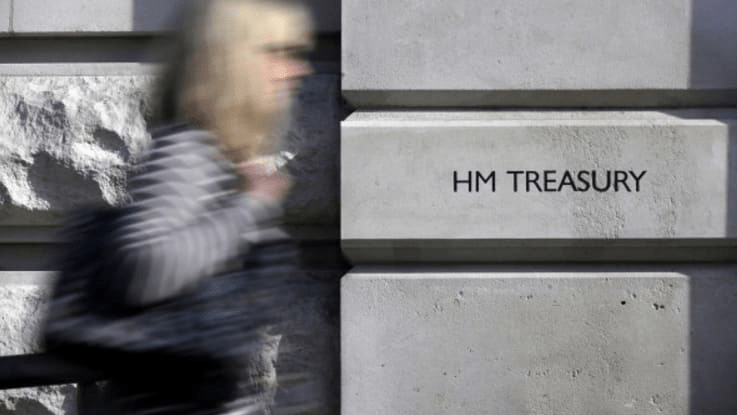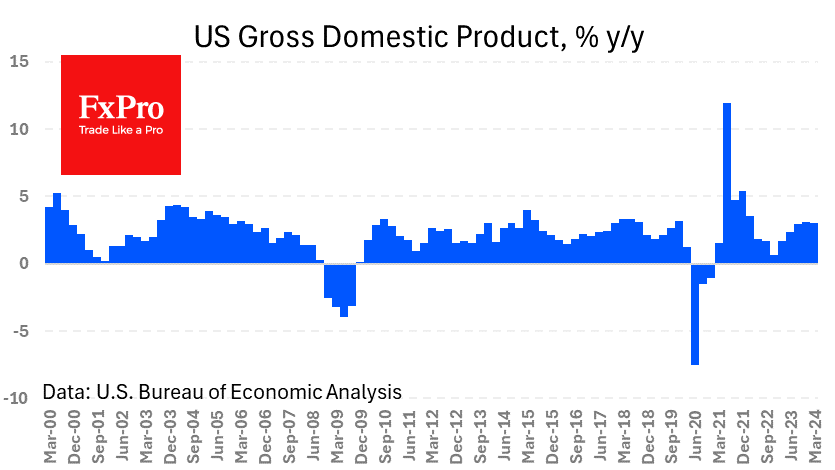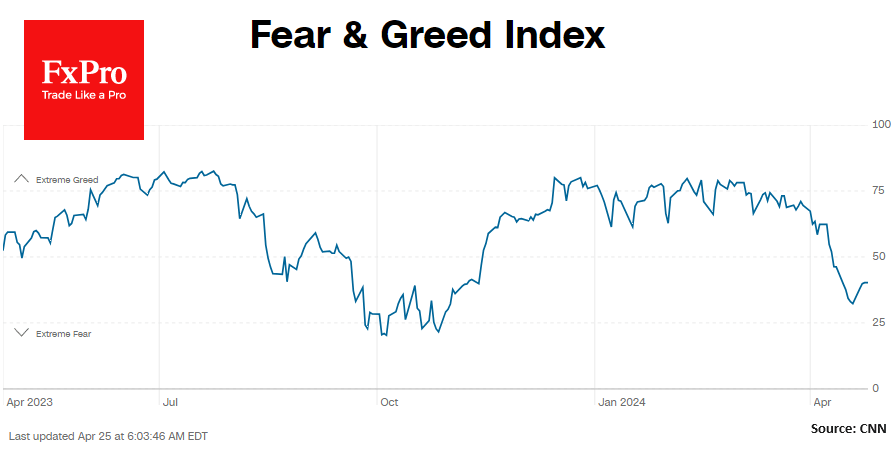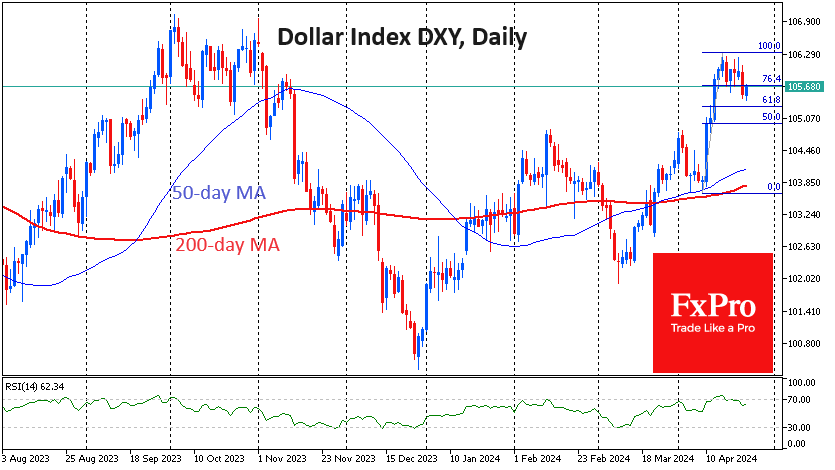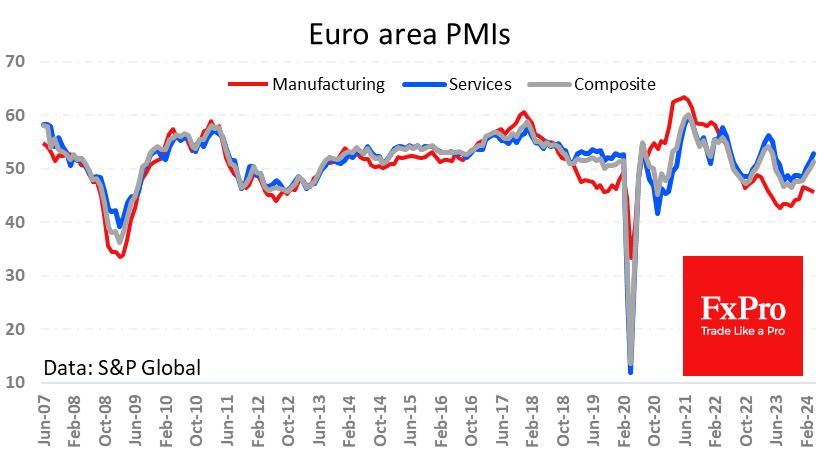The UK just sold its first ever negative-yielding government bond
May 20, 2020 @ 20:02 +03:00
The U.K. borrowed at a negative interest rate for the first time on Wednesday, amid growing fears of a deep global recession and expectations of further bond-buying action from central banks.
In an auction Wednesday, the country’s Debt Management Office said it sold £3.8 billion ($4.66 billion) worth of three-year gilts at a yield of negative 0.003%.
This negative-yielding bond means the British government is effectively being paid to borrow. Investors will get back slightly less than they initially paid if they hold the bond to maturity, such is the demand for shoring up money in bonds.
The auction means Britain joined Germany, Japan and several other European nations in selling government debt with a negative yield.
The Bank of England (BOE) cut its main interest rate to a record low 0.1% in March and initiated an additional £200 billion ($245.49 billion) of bond purchases, mostly Gilts, to its quantitative easing program.
Several BOE monetary policy committee members have since hinted that further monetary policy easing may be necessary to mitigate the economic fallout from the coronavirus pandemic.
The UK just sold its first ever negative-yielding government bond, CNBC, May 20




